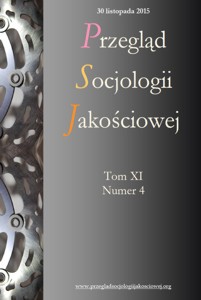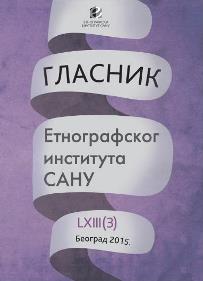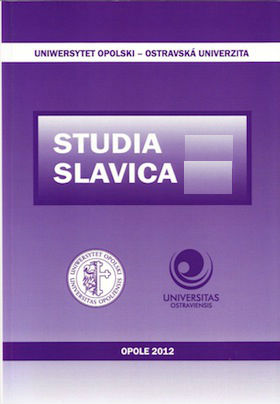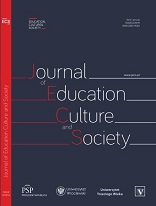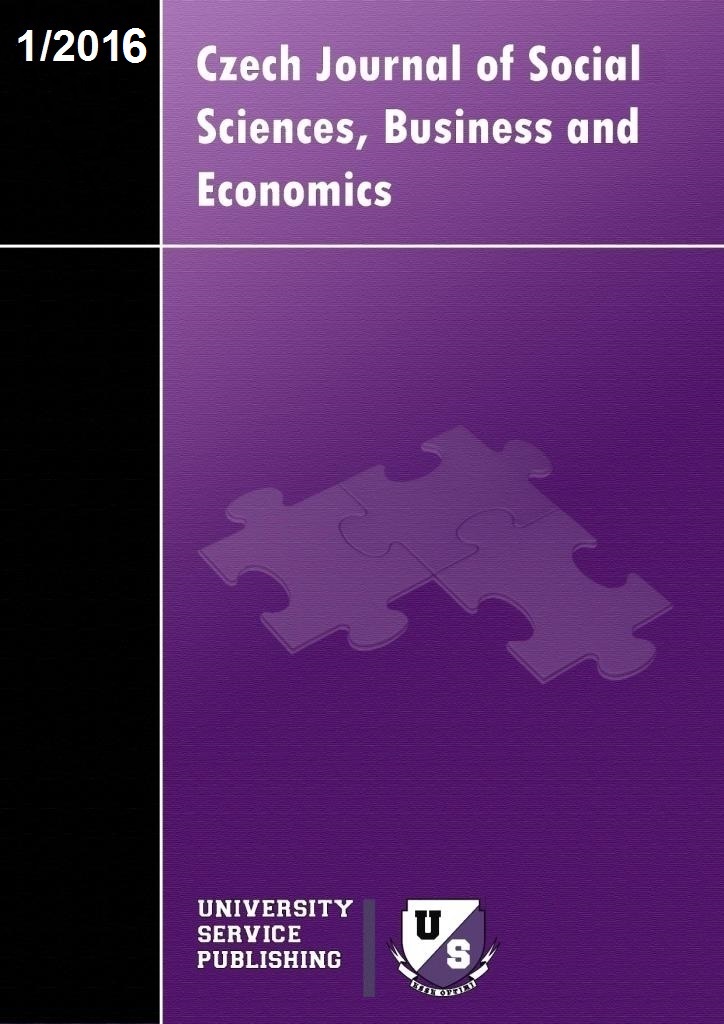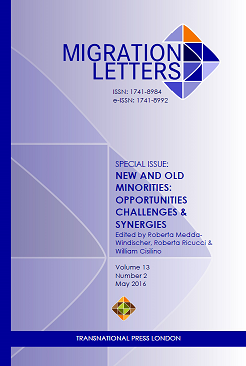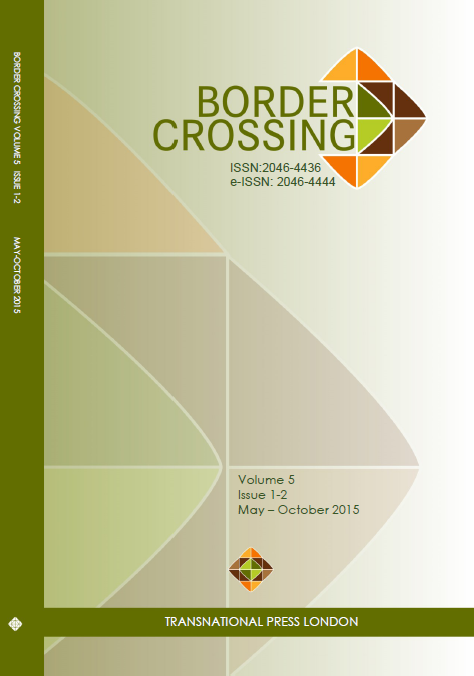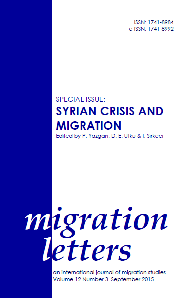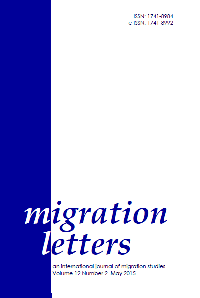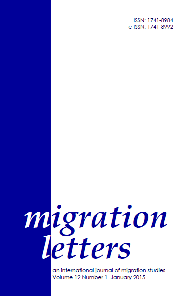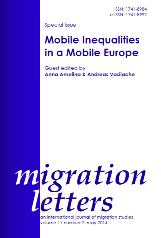Socio-Bioethics of Migration. The Deconstruction of Tolerance and Reinvention of Terror
Philosophical research, especially the one taking place in the European space, is about to widen, taking a new area: socio-bioethics of migration. The wave of refugees coming from countries that are in conflict, namely the countries that are under the influence of the Islamic State and other terrorist radical organizations, raise a series of ethical issues, among which, the most obvious are the one regarding fair treatment that the migrants and the refugees are entitled to. The issue of tolerance and of the postmodern construction of the relationship with the Other as the bearer of values that are complementary to you is, at the moment, deconstructed into that act of terrorist threat and of reinventing Terror.
More...
